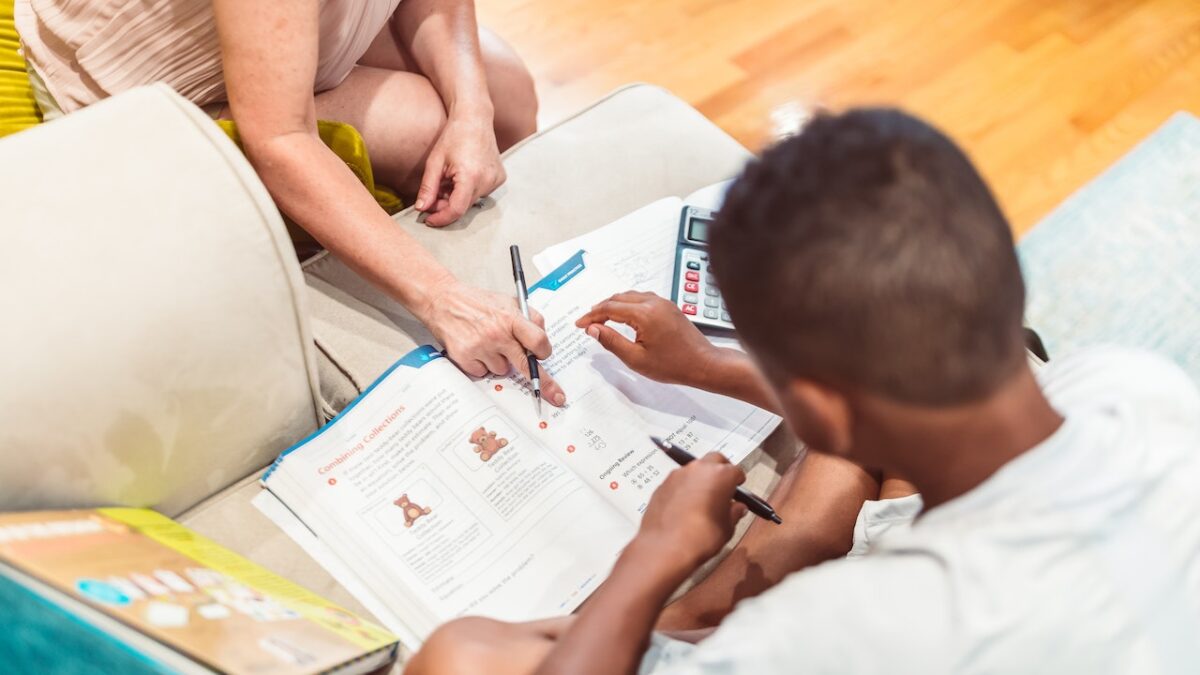Nearly 30,000 Texas students between grades 7-12 “withdrew” from public school to homeschool in the 2021-2022 school year, an open records request submitted by the Texas Home School Coalition (THSC) to the Texas Education Agency revealed. According to a THSC press release, “This high has previously only been matched during the COVID-19 peak in the 2020–2021 school year, when the number was 29,845.”
Even before then, students were leaving Texas public schools in high numbers. Prior to Covid, 20,000-25,000 students in this grade range withdrew to homeschool each year, according to the press release. Since then, “that number has reached nearly 30,000 and appears to be staying there.”
The Texas Home School Coalition estimates that 8-10 percent of students in Texas are currently enrolled in homeschool programs. By comparison, before Covid, homeschooling nationwide “grew rapidly from 1999 to 2012 but had since remained steady at around 3.3%,” according to data from the U.S. Census Bureau.
THSC found the primary reasons parents opt to homeschool are “concern about safety, parental involvement, and the school environment.”
A study from the National Center for Education Statistics found the top reasons for homeschooling are concerns about an unsafe or negative “school environment,” a “desire to provide moral instruction” and prioritize “family life,” and dissatisfaction with other schools’ “academic instruction.” Strong majorities of homeschooling parents cite these as reasons for their decision.
Jeremy Newman, Vice President of Policy and Engagement at THSC, told The Federalist homeschooling is popular in Texas because it’s accessible for parents.
“In Texas, it’s easy to homeschool because there is a lot of flexibility and little regulation,” Newman said. “In Texas, you have to teach reading, spelling, grammar, math and good citizenship. So other than a few other paperwork things, this gives parents an enormous amount of flexibility, and a lot of other states are more onerous than the homeschooling community in Texas. It’s more developed than in other states so it’s comparatively easier.”
And homeschooling in Texas is still growing. According to a THSC study, “Since 1998, a total of 379,815 students between grades 7-12 have withdrawn from public schools in Texas to homeschool. This number has increased at an average of 6.5% per year.”
But this trend extends beyond the Lone Star State. A study from the National Home Education Research Institute (NHERI) found that nationally, “the homeschool population had been growing at an estimated 2% to 8% per annum over the past several years, but it grew drastically from 2019-2020 to 2020-2021.” As of 2022, more than 3.1 million students are homeschooled in the United States.
According to Brian Ray, NHERI president and editor-in-chief of the Home School Researcher, the recent increase in homeschooling can largely be attributed to public schools’ inadequate handling of Covid.
“During the 2020-2021 school year, there was a significant and drastic spike. Most people would agree that it was due to the government lockdowns of public schools and other schools that led to this spike,” Ray told The Federalist. “That is, many parents who experienced public school at home realized that it was not adequate, that the public school system was not prepared and not able to help their children learn during the lockdowns related to concerns about an influenza-like illness.”
Beyond Covid, Ray cited parental concerns regarding the “values and beliefs being taught in public schools,” the “teaching ineptitude or poor behavior of teachers,” and the realization “that institutional schools cannot adapt to strong changing circumstances in society.”
Students who are homeschooled tend to outperform students who attend public schools. According to the same NHERI study, homeschooled students “typically score 15 to 25 percentile points above public-school students on standardized academic achievement tests.” Furthermore, they score above average on these tests “regardless of their parents’ level of formal education or their family’s household income.”
“They will actually outperform in every academic subject, and that remains true regardless of very huge factors that you would think would determine educational outcomes,” Newman noted. “There is almost no statistical correlation. But the data shows you don’t have to be an expert to homeschool. You just have to be your child’s best advocate and give them the best learning environment.”
“Most educators … know that children learn more and enjoy learning more when the conditions that are naturally systemic to homeschooling are present,” Ray said. “This is why the home educated do so well.”








